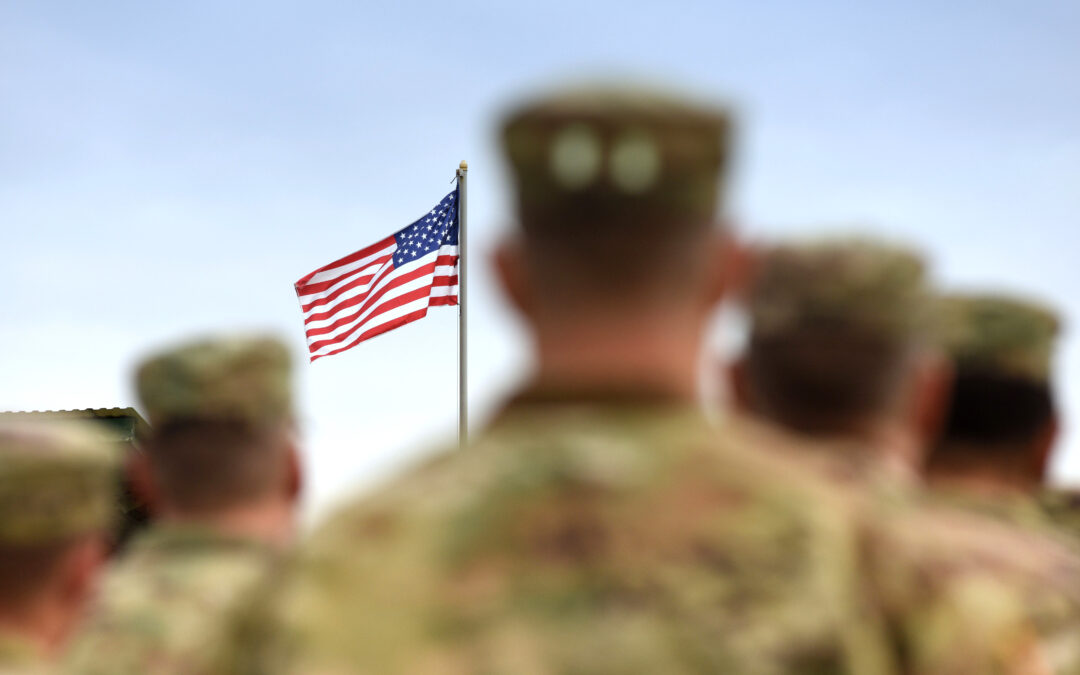Veterans Day, originally known as “Armistice Day,” was established to commemorate the end of World War I, a conflict that formally concluded on the 11th hour of the 11th day of the 11th month in 1918. The first observance of Armistice Day took place exactly one year later, on November 11, 1919, to honor the veterans of World War I. This date was chosen as a symbolic reminder of peace after the devastation of the “war to end all wars,” and it became a time to reflect on the sacrifices made by those who served.
Initially, Armistice Day focused solely on World War I veterans, but the events of World War II and the Korean War prompted a re-evaluation of its scope. In 1954, President Dwight D. Eisenhower signed a bill officially changing the name to “Veterans Day” to honor veterans of all American wars. This change expanded the holiday’s purpose, transforming it from a tribute to World War I veterans alone into a day to recognize all military service members who have served, both in times of war and peace. Veterans Day thus became a unifying celebration, honoring the bravery and dedication of those who served in the U.S. Armed Forces across generations.
Unlike Memorial Day, which is reserved for honoring military personnel who lost their lives in service to the country, Veterans Day is a celebration of all veterans, both living and deceased. It recognizes the service, sacrifices, and enduring spirit of the individuals who have protected the nation. By observing Veterans Day, Americans have the opportunity to express gratitude to those who have dedicated themselves to safeguarding freedom and peace. This holiday serves as a reminder that the contributions of veterans extend beyond the battlefield, as their skills, discipline, and commitment often enrich the communities they return to.
Veterans Day is observed in many ways across the country. Parades, ceremonies, and events in schools and communities pay tribute to veterans, while moments of silence allow time for reflection on their sacrifices. Many businesses and organizations offer special discounts and services to veterans, acknowledging their contributions. National monuments, such as the Tomb of the Unknown Soldier in Arlington National Cemetery, host solemn observances attended by military families, government officials, and citizens alike, fostering a sense of unity and shared respect for those who have served.
The significance of Veterans Day goes beyond gratitude; it’s also a chance to support veterans in meaningful ways. Many veterans face unique challenges after their service, including healthcare needs, job transitions, and mental health concerns. Recognizing these challenges, Veterans Day also highlights the importance of providing ongoing support and resources for veterans as they reintegrate into civilian life.
As Americans observe Veterans Day each year, it’s a time to reflect on the profound impact of military service on the nation and to recognize the individuals who have answered the call to serve. By honoring veterans’ sacrifices and contributions, Americans celebrate not just their bravery but also the resilience and dedication that characterize their service, reminding us of the enduring values of duty, honor, and country.


